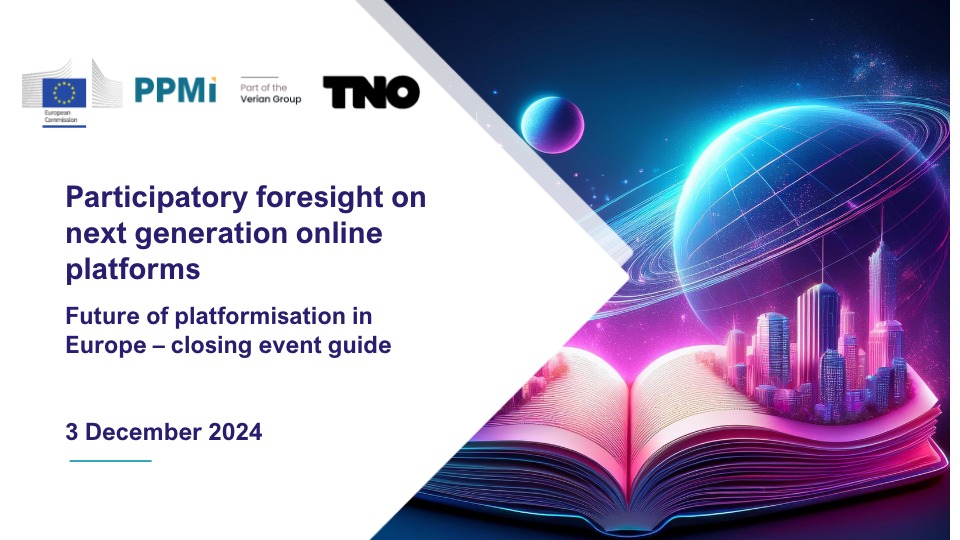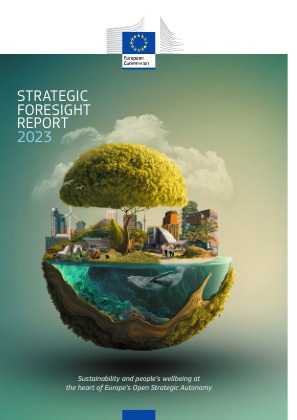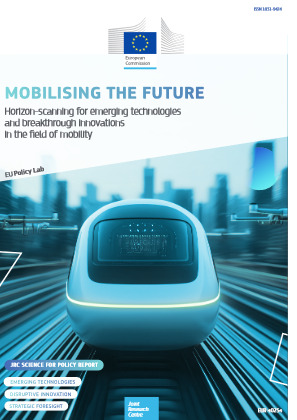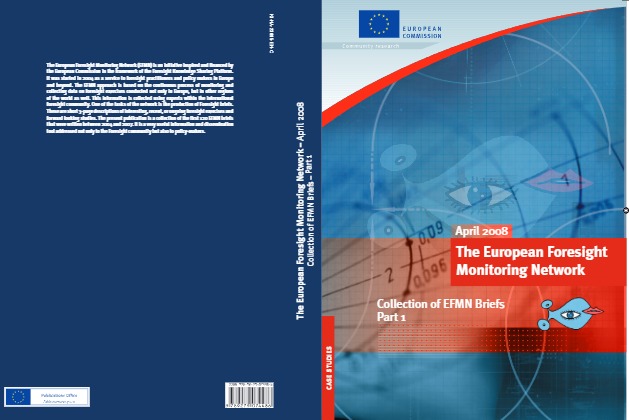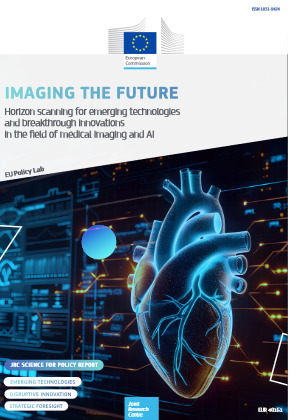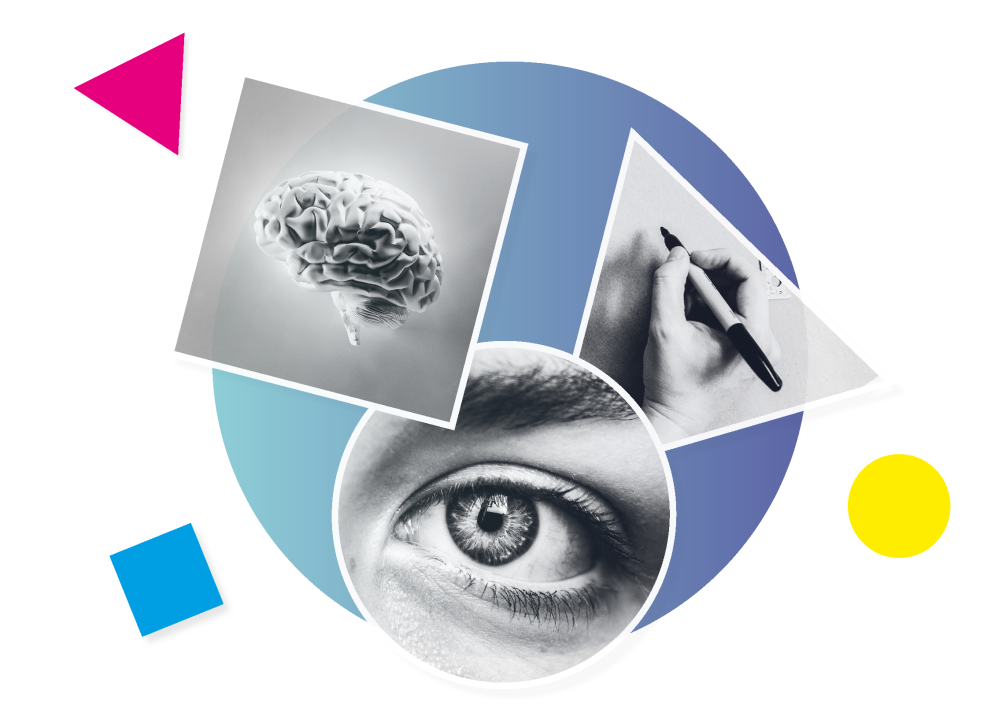Last Edited: 3 days ago
Securing the Future
Horizon scanning for emerging technologies and breakthrough innovations in the field of digital and network security
This science for policy brief documents the process and findings of a horizon scanning exercise, part of a series under the FUTURINNOV (FUTURe-oriented detection and assessment of emerging technologies and break-through INNOVation) project, a collaboration between the European Innovation Council (EIC) and the Joint Research Centre (JRC), aiming to bolster the EIC's strategic intelligence through foresight and anticipatory methodologies.
The workshop, held on 13 November 2024, had as its primary goal the evaluation and prioritisation of trends and signals on emerging technologies and breakthrough innovation, across all technology readiness levels (TRLs), within the digital and network security domain. Signals for the workshop were gathered from experts, literature review, and text/data mining of patents, publications, and EU-funded projects.
These signals were then scrutinised for their significance to the field's future by a diverse group of sector experts which led to the identification of eight key topics: deepfake detection, quantum-resistant algorithms, interoperability for end-to-end encrypted messaging systems, privacy and security in virtual reality, false data injection attack detection, inter-satellite communication, privacy-preserving machine learning, and tiny solar-powered drones capable of near-perpetual flight.
Participants also highlighted various factors that could influence the development, adoption, and promotion of these emerging technologies including: tensions between privacy and security, emerging geopolitical threats, technological and regulatory enablers, trust and transparency, and the economic barriers that shape technological development and adoption.
Posted on: 16/04/2025


